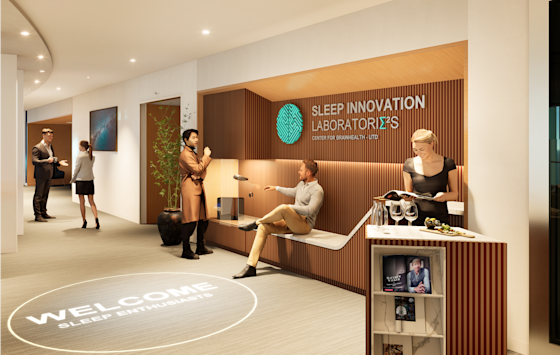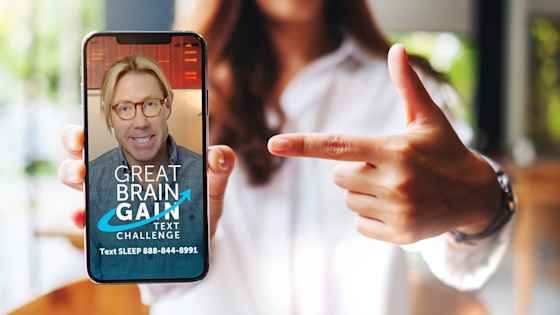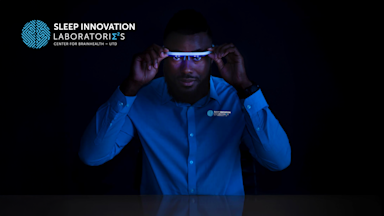
Conceptual images provided by Corgan
- COGNITIVE DECLINE: Sleeping 6 hours or less is associated with a 33% increased risk of dementia compared to those who sleep 7 hours or more.
- MENTAL HEALTH: Insomnia sufferers have a tenfold risk of developing depression compared to those who sleep well.
- HEART HEALTH: People sleeping less than 5-6 hours per night have a 45% increased risk of heart attack compared to those sleeping between 7 and 8 hours.
- METABOLIC HEALTH: Sleeping less than 6 hours per night consistently is linked to a 30% increased risk of obesity and significant disruption in blood sugar levels, contributing to diabetes.
- PHYSICAL RECOVERY: Deep sleep increases growth hormone release by 60-70%, an essential function to repair processes in the body.
- IMMUNE FUNCTION: Individuals who sleep less than 7 hours are about 3 times more likely to develop a cold than those who sleep 8 or more hours.


